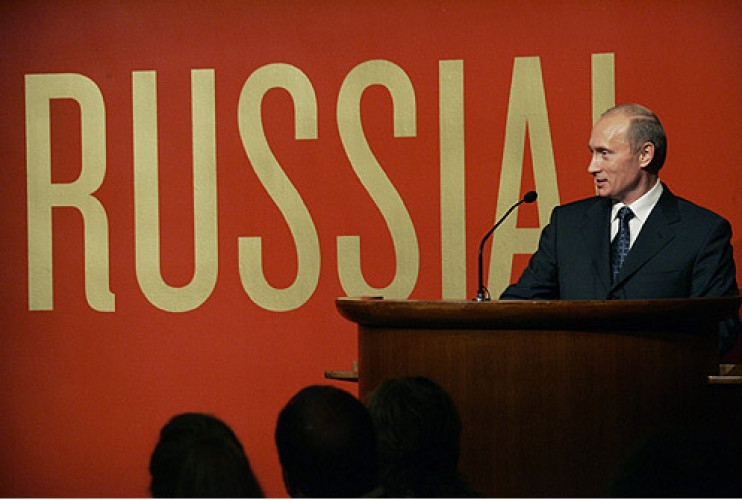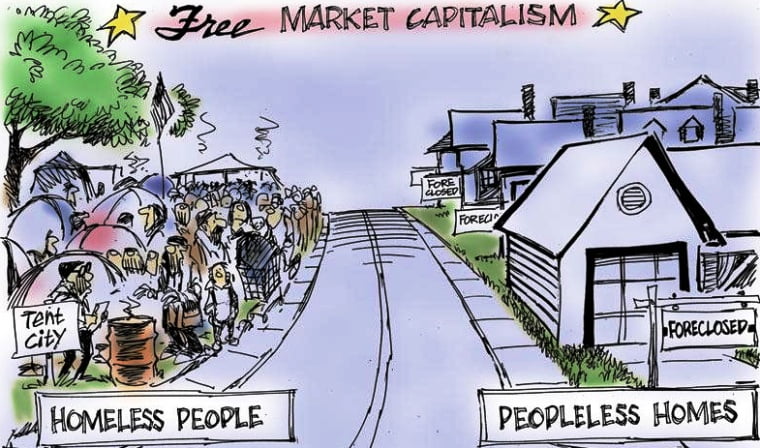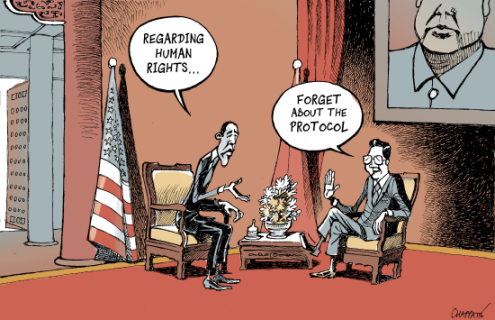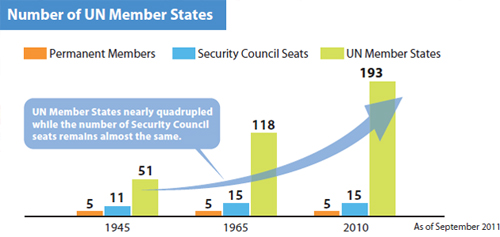A Rude Life is a collection of memoirs from the life of Vir
Sanghvi, beginning from his birth to his present. It broadly has three threads,
complexly intertwined across the 61 chapters.
First, about his personal
life- family, marriages, the birth of his son and the death of his parents.
This takes the smallest share of the three threads- consisting of only a few
fleeting sentences here and there and one last chapter about his mother’s
death.
Second, about his career-
how he got into journalism by chance, shifting between various publications,
transiting to TV from print and most importantly, an entire chapter on the
Radia tapes controversy. Unlike his personal life, Vir talks about every detail
of his professional journey and gives the reader great insight into the
eventful life of a top journalist.
Third, consists of
anecdotes from behind-the-scenes of every major event in the country,
off-record conversations with who’s-who of the country, and information scoops
that weren’t published on record. Thanks to a very long career, Vir has
wide-ranging stories to tell- from how Moraji Desai stole papers from the PMO
to how Amitabh Bachchan never stops acting! These anecdotes and experiences
form the bulk of the book and are very entertaining and engaging.
What I liked about the book?
The book is exceptionally
well-written: crisp and clear. Vir exhibits a distinctive ability to present
loads of information on nuanced topics, in a precise and clear fashion. Most of
the anecdotes are heavy on details and need context to make sense. However, Vir
has successfully weaved a narrative that is not only easy to read but also
riveting!
In addition to the
writing style, I loved how the book is (shabbily) arranged. The book is broadly
chronological but keeps on going back and forth in time. The different threads
are complexly intertwined, and there is no linearity or structure to the book.
This makes the reader feel like being in a conversation with Vir!
Successful and
influential people in public life tend to become narcissistic- a phenomenon Vir
himself calls editoritis. And therefore, their autobiographies end up
becoming hagiographies. They take the moral high point of working for the
nation or social good.
Thankfully, Vir stays
clear of that. He is bold enough to accept his shortcomings (“I have never
had the slightest entrepreneurial instinct”) and call out ‘stupid’
decisions he took (quitting Twitter after Radiia tapes leaked). He is
candid enough to accept (implicitly) that he chose jobs that gave him good
money. I loved his candour!
What I did not like about the book?
Despite a page-turning narrative, I found the ending a bit
underwhelming. Vir tries to be emotional and philosophical in the last chapter,
but it has little depth. I felt a lack of closure on finishing the book.
Secondly, I would have liked Vir to expand more on his
personal and professional life. While the book succinctly narrates the events
as they occurred, there isn’t much insight or analysis from the author on his
personal and professional life.
Lastly, I found the segment of the book, which describes how
he wrote the books Men of Steel and The Game Changers,
painstakingly long and pointless. I got the impression that Vir is trying to
sell these books to his readers!





















